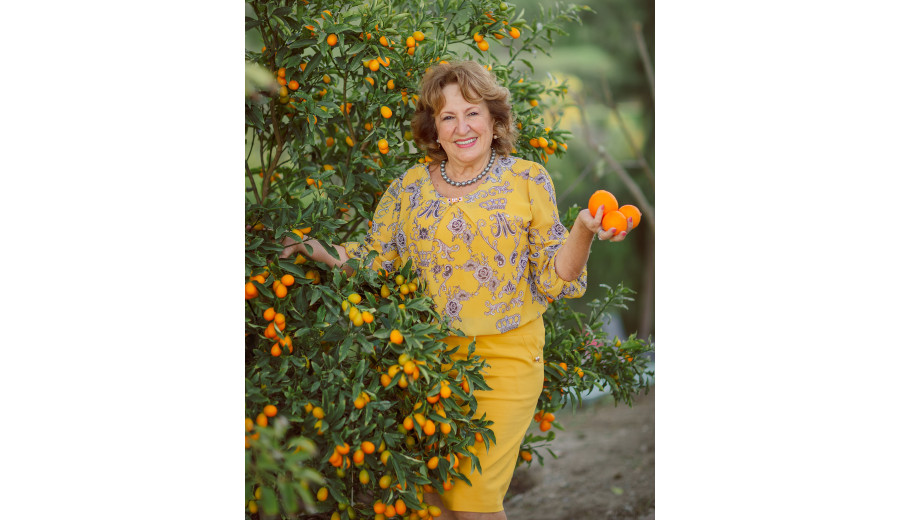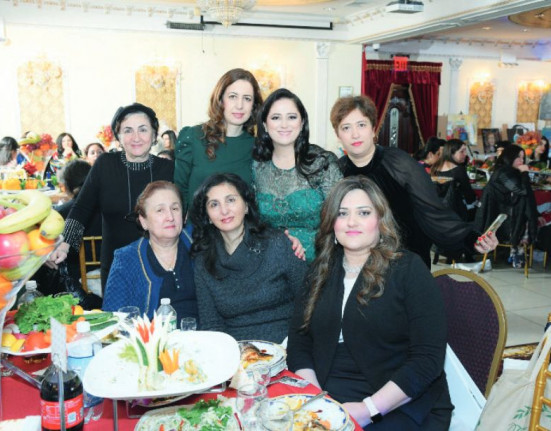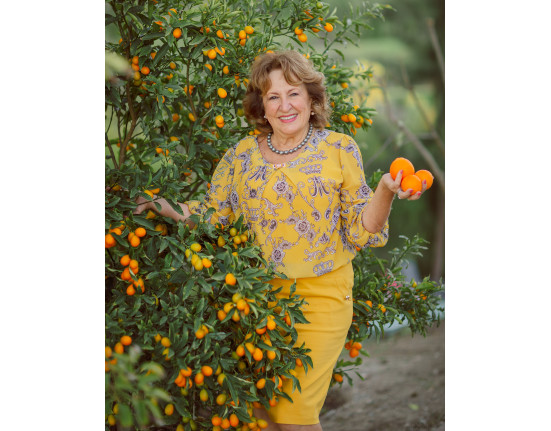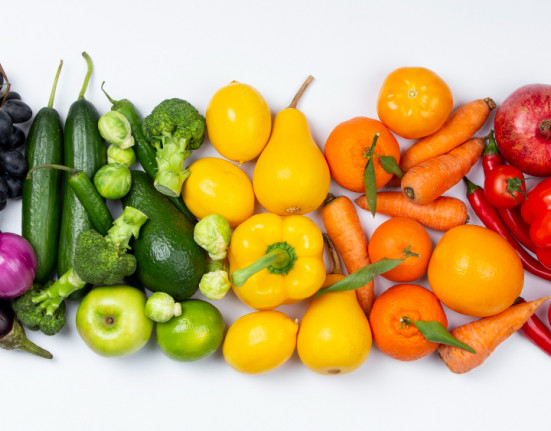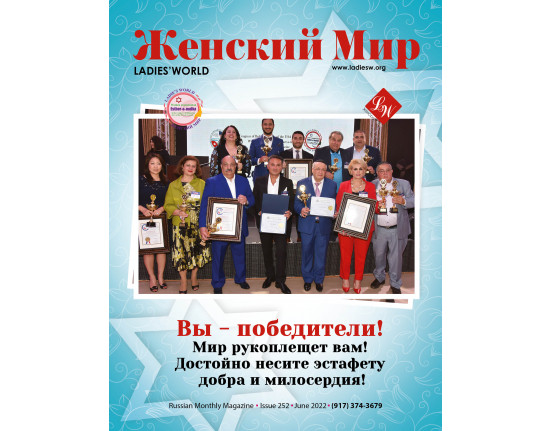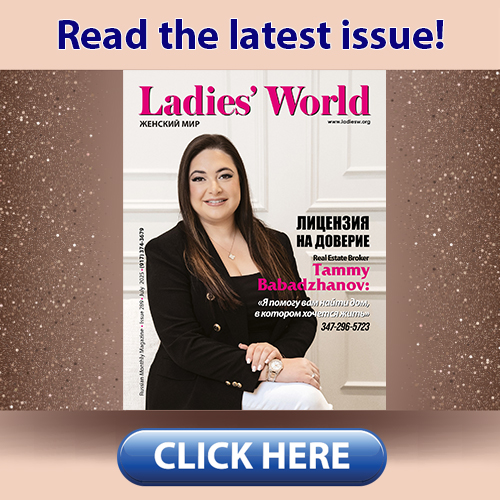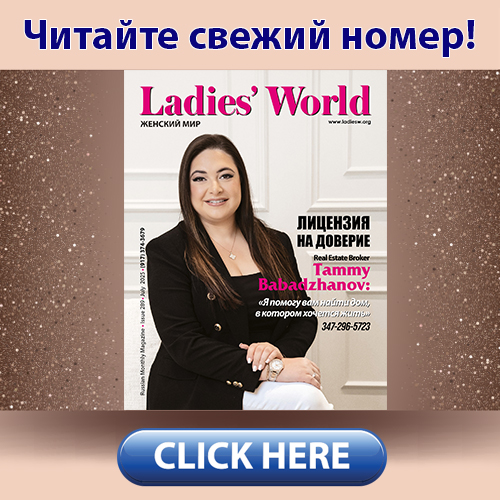I
think each of us has asked ourselves at least once: what is true happiness?
Modern
society persistently convinces us that happiness lies in freedom. But then why
do so many people who have achieved everything still feel empty? Why doesn’t
independence bring joy, and why does freedom from obligations often lead to
loneliness? This applies to women and to men—especially those who proudly call
themselves bachelors, believing freedom to be the highest value.
At
our editorial office, we frequently receive questions from members of the
community about family relationships - between spouses, parents and children.
And it feels as though, despite media efforts and our publications, the system
hardly changes. In most families, problems don’t just repeat, they become even
more acute. Analyzing everything happening around us, I increasingly conclude:
perhaps the root of these difficulties lies precisely in the pursuit of complete
freedom from family responsibilities, from accountability to loved ones, and
for singles, from belonging to someone at all.
Being
needed is one of the most natural human desires. The longing to care, to be
part of something important, to give love and receive it in return is ingrained
in us from birth—especially in women. And whether we say it out loud or not,
each of us dreams of being significant in the lives of those close to us.
But
the world offers us a different formula. “Nobody owes anyone anything.” “Your
desires are what matter most.” These slogans have become the norm. As a result,
we now have a generation of people who seek to be needed only by themselves.
Yes, they are often successful and financially secure, yet deep happiness
somehow eludes them.
Freedom
without attachments may seem enticing, but over time, it turns into loneliness.
Life
only confirms this paradox: those who choose traditional values, family,
marriage, and faith are much happier than those who prioritize complete
independence. The statistics in America speak for themselves: only 12% of men
and women with liberal views are satisfied with their lives. Among those who
adhere to conservative values, that number is 41%. Commitment to family and
spiritual principles contributes to a greater sense of inner well-being and
contentment.
And
what about those who choose independence? At some point, life turns into an
endless race for recognition, success, and experiences. But with whom can they
share it all?
We
can argue endlessly about the nature of happiness and who makes whom happy. But
the facts persistently show as society becomes freer, people become more
unhappy.
I
know many will mentally object: "But there are happy, successful
singles!" Of course there are. But how many? And how many of them truly
feel not freedom, but emptiness and loneliness?
Psychologists
and medical professionals are raising alarms: loneliness is no longer just emotionality
– it is a health risk factor. Professor Uziel from Israel states: “Today, more
than ever, people feel lonely—both emotionally and physically.” Furthermore,
research shows that divorced individuals living alone have a more than 30%
higher risk of developing dementia.
A “free”
person, devoid of emotional ties, often lives without a clear daily routine, in
chaos, without rhythm or purpose. But true happiness is not just about filling
one’s days with events. It’s about feeling a sense of purpose, about finding
meaning in what you do. It is knowing that your care and presence matter to
others. It belongs to something bigger than yourself.
The
life of Marina Gadaeva-Mullaeva, featured in our April issue (pp. 12-14), is a
vivid example of this truth. Her life proves that happiness lies not in
striving to be "independent," but in the ability to be needed, to be
significant, to be a source of love. And Victoria Baraeva’s poem Men from
Mars, Women from Venus on page 41 beautifully conveys a timeless truth—men
and women may be different, they may speak different languages, but ultimately,
they are better together.
Editor-in-chief Doctor Zoya Maksumova
(April 2025,"Ladies’ World" №286)

